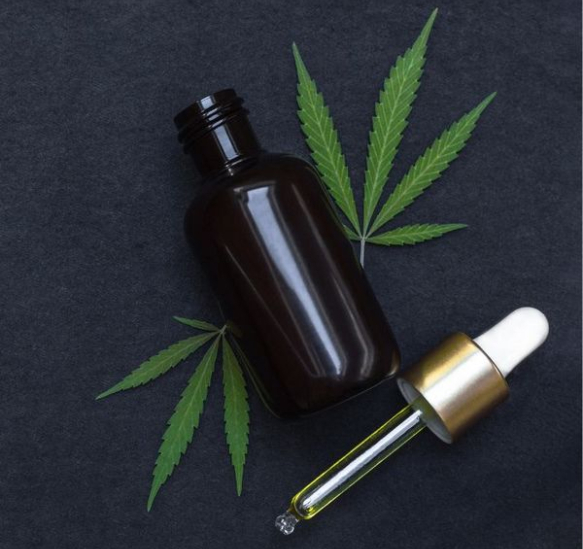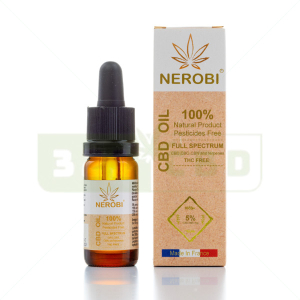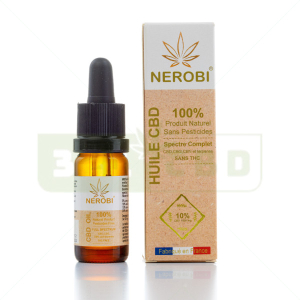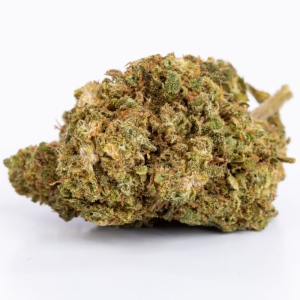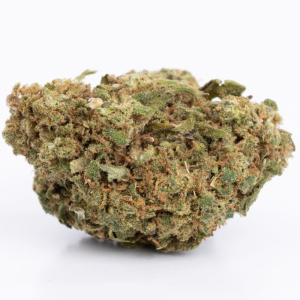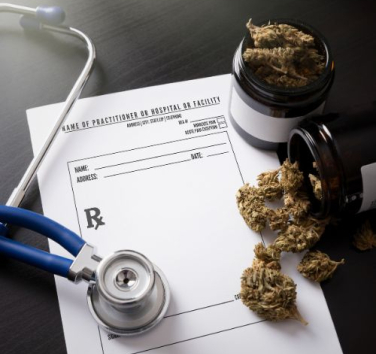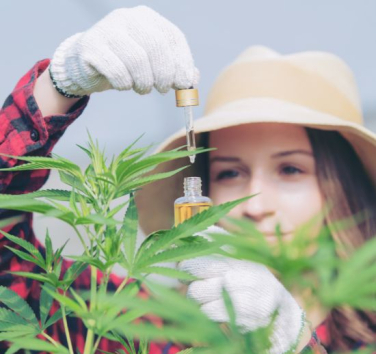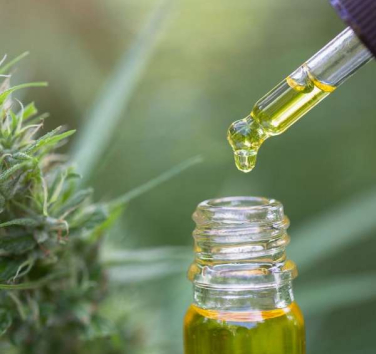What is H4CBD?
H4CBD, or tetrahydrocannabidiol, is a chemical compound which belongs to the cannabinoid family, substances naturally present in the cannabis plant of Cannabis L. Sativa and Cannabis Indica strains. But unlike CBD and THC, which are extracted directly from the hemp plant (by alcohol or CO2), H4CBD is produced in the laboratory. It is therefore a synthetic cannabinoid.
From a chemical point of view, H4CBD is characterized by a molecular structure slightly different from that of CBD, including a benzene ring fused to a cyclohexene ring and a hydroxyl group (-OH) attached.
The presence of a hydroxyl group gives it a certain polarity, which influences its interaction with the “CB 1” and “CB 2” receptors of the endocannabinoid system of the human body (and, more broadly, mammals).
H4CBD: the opinion of the legislator in France
Before developing the different opinions on this molecule, we must first take stock of its legality.
In France, non-psychotropic cannabinoids from the hemp plant have been legal since the decision of the Court of Justice of the European Union (CJEU) in 2020, which ruled that any ban on their marketing represented a violation of the principle free movement of goods.
By this decision, the CJEU definitively recognizes that these cannabinoids are not medicinesand that they represent no danger to health. This conclusion aligns with the position of the World Health Organization (WHO) which explains that CBD appears to have “no potential for abuse or addiction.”
In France, H4CBD falls under this same legal status. It can be marketed and consumed freely, provided that the product in question displays a THC concentration lower than the legal limit, or 0.3%, and that it meets all the hygiene conditions in force.
|
Note On June 13, 2023, the National Agency for the Safety of Medicines and Health Products (ANSM) banned HHC, a synthetic cannabinoid deemed dangerous for health due to its psychotropic effects and its intoxicating properties which alter the cognitive abilities. Could H4CBD suffer the same fate? Probably no, as H4CBD does not produce psychotropic effects (if not combined with THC). |
H4CBD: the opinion of health professionals
Few French health professionals have commented on H4CBD, because the molecule is still rare in France. “This very recent derivative could be offered in liquid form this summer in France, we can read in a CNEWS paper.
On Doctissimo, Doctor Joachim Müllner explains why H4CBD cannot be considered a dangerous cannabinoid: “Unlike H4CBD, HHC is a derivative not of CBD, but of a cannabis plant which contains significant concentrations of THC from the hydrogenation of THC molecules, not CBD.”
Clearly, H4CBD manufactured in the laboratory comes from a CBD molecule which, in essence, has no psychotropic effect. And as Antoine Lavoisier says, “nothing is lost, nothing is created, everything is transformed”, H4CBD cannot acquire the capacity to alter cognitive functions if it comes from a molecule of pure CBD.
For her part, Alissa Daschbach, graduate in medical anthropology, chemistry and medical herbalism, explains that H4CBD is approximately three times more powerful than CBD.
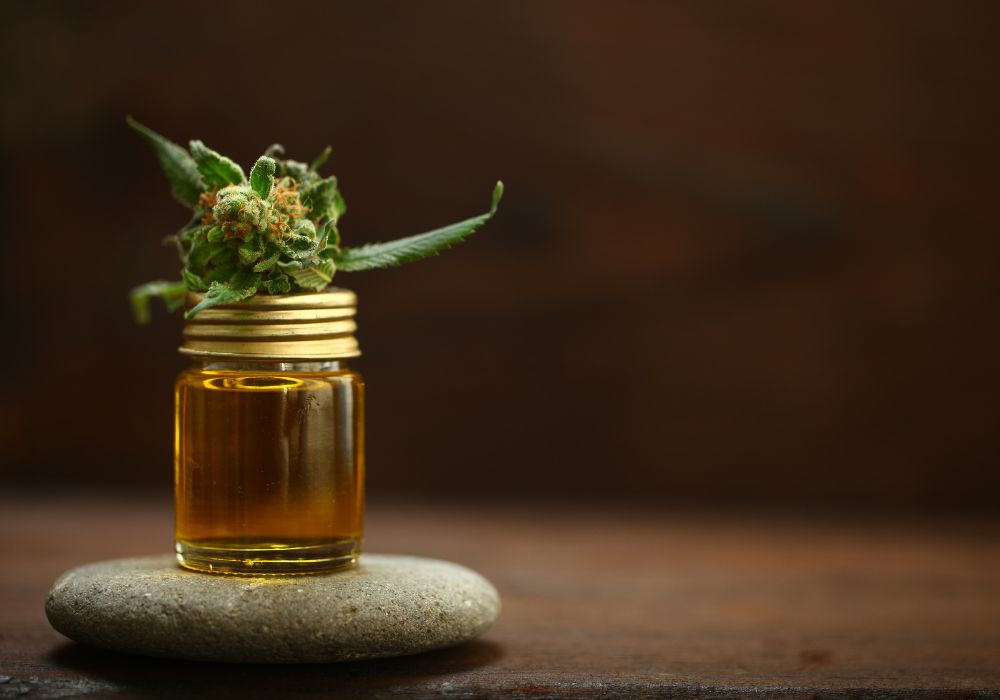
H4CBD: the opinion of the latest scientific studies
Both CBD and H4CBD come from hemp. But as a study published in 2006 explains, H4CBD is not found in the cannabis plant in its natural state. It results from CBD artificially modified in the laboratory by a hydrogenation process to reach its stable and final form.
Therefore, H4CBD should technically be considered a synthetic cannabinoid, even though it comes from a very slight modification of CBD, by simply adding four hydrogen atoms to the head limonene of the molecule in order to replace the two carbon-carbon double bonds with single bonds.
The study cited above hypothesized that H4CBD could be up to 100 times more powerful than CBD, at least in certain effects. This hypothesis has been widely publicized in journals specializing in cannabinoids... but it must be considered as such: a hypothesis that has never been verified.
The study in question found that hydrogenated forms of CBD had a surprisingly high affinity for the “CB 1” neuroreceptors of the endocannabinoid system, particularly in the brain. This level of affinity, however, remains far from what is observed in the case of THC.
Another study carried out in 2017 confirms that the affinity of H4CBD for receptors endocannabinoids is “higher than that of CBD”, to give an order of magnitude.
H4CBD: consumer opinion
Consumers, mainly American, who have been able to test H4CBD say they have the impression of consuming an intermediate product between CBD and THC. Some believe that the molecule resembles a mixture of CBD and THC with a ratio of 2 to one.
The soothing, pain-relieving and anti-inflammatory effects dominate, but there would be a slight feeling of intoxication typical of THC. On a strictly chemical level, this feedback is astonishing. The most likely hypothesis is as follows: as H4CBD is not yet regulated, the products circulating today are not pure and contain THC.
Our opinion on H4CBD
At 321CBD, we have chosen to only offer in our catalog legal hemp products based on known molecules, widely studied and documented. Only CBD, CBG, CBC and CBN meet these conditions.
Due to its recency and consumer feedback, H4CBD does not tick all the boxes in our commitment to safe and virtuous products. This is why you will not find any oils, flowers or foods containing H4CBD on our online store.
If you manage to obtain it elsewhere, we recommend that you be very careful about its actual composition. In any case, toxicologist Hervé Gourlain of Lariboisière hospital in Paris advises against smoking H4CBD as well as all cannabis derivatives in an interview with CNEWS.

